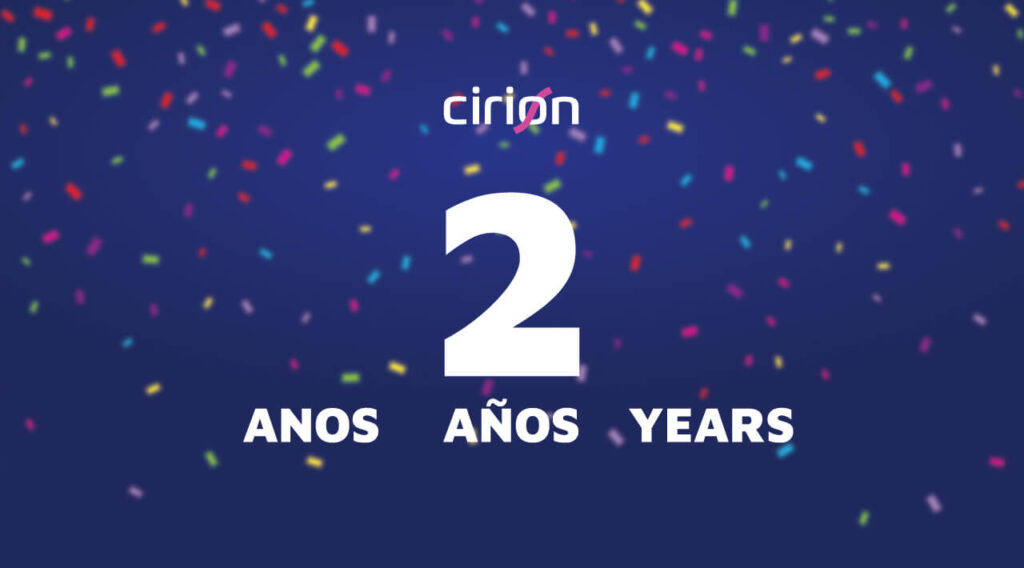Diversity in the IT Sector should be more than a plan.
Working with technology sets us at the forefront of different breakthroughs. As a professional in this sector, I see myself being part of that 4th Industrial Revolution on a daily basis, building the future through innovation.
However, in a sector where disruptive solutions are the Polar Star and plurality of approaches are crucial to build different standpoints, the idea of diversity is still scarcely spread. And what has this concept to do with innovation? Well, according to a study published by Accenture, everything.
For the consulting firm, creating a culture of diversity within companies helps increasing the team’s innovative potential. Another study performed by McKinsey, goes one step further claiming that companies where diversity is fostered are more competitive in the marketplace, and therefore more profitable.
Now, even if figures are not enough to prove the power of diversity in a business environment, it goes without saying that it’s no longer an idea, and is now becoming a business rule.
Ultimately, being diverse is directly related to the “S”, or “Social”, of the ESG acronym, which encompasses other corporate commitments, such as environmental responsibility and governance.
Diversity and gender equality
When we speak about diversity, we need to analyze a very important issue: gender equality. If we really want to build a work environment with as many opinions and standpoints as we can, women must be part of this process.
And I believe that the IT Sector must really improve its numbers in this matter. According to a report published by the World Economic Forum (WEF) one year ago, gender inequalities usually happen in the most disruptive areas. According to this report women barely represent 14.2% of the workforce in areas such as Cloud Computing, whereas that percentage rises to 32.4% in the segment of Artificial Intelligence and data.
The document is still skeptical regarding an improvement of female representation in these sectors. Just to give you an idea, the number of women working with the cloud increased only by 0.2%, while those related to AI decreased by 0.1%. Both compared with the last survey of 2018.
Acknowledging female presence in IT is equally important as encouraging it. Another critical point for improvement is matching the number of top management positions, and the salary range, mainly. According to Valor Investe, in Brazil women barely hold 33% of IT senior positions, while a study conducted by Catho, and published by TecMundo, reveals that women earn -11%, which could scale to -33% less than men for the same positions.
Inclusion for diversity
Gender inequality cases are just one situation that diversity endorsement needs to tackle. We still need to include the LGBTQIA+ community, black, brown people, and the disabled.
Including the diverse groups existing in our society is a challenge for HR throughout several companies. However, HR is not the starting point. In gender equality cases, for example, partnering with educational institutions for the creation of scholarships and other women-focused incentives helps raising female interest for STEM.
In order to include a broader spectrum of candidates, many companies have revisited their requests, removing for example English as a necessary requirement, and offering language learning as one of the benefits. We still have some companies investing in education so that candidates can improve their knowledge and participate of other selection processes, provided they are not chosen for that vacant position in particular.
There is not an overall recipe to make a company more diverse, however two things are universal truths: first, there is no diversity without inclusion. Second; to achieve new multiple levels in professional teams, recruiting under the same system used for decades is no longer possible. And that is being disruptive, as well.

Tatiana Fonseca
Vice-president of Operations
Lumen, LATAM
With a degree in Electronic Engineering and Telecommunications from the PUC-MG and postgraduate studies in Business Management/IT, and an MBA in Business Management from Fundação Dom Cabral, Tatiana Fonseca holds 23 years of experience leading teams in big telcos. In her professional track record, her role as Senior Director of Operations for TIM Brazil stands out, where she led Network Operations and IT, as well as her role of Operations Executive for Oi.










